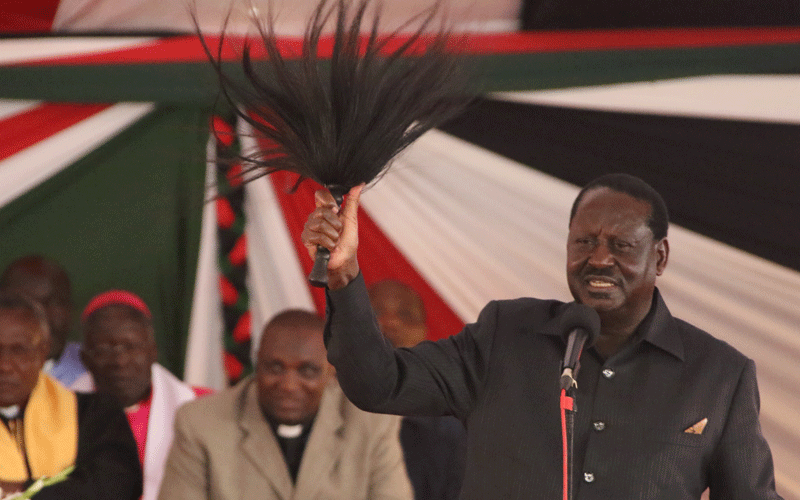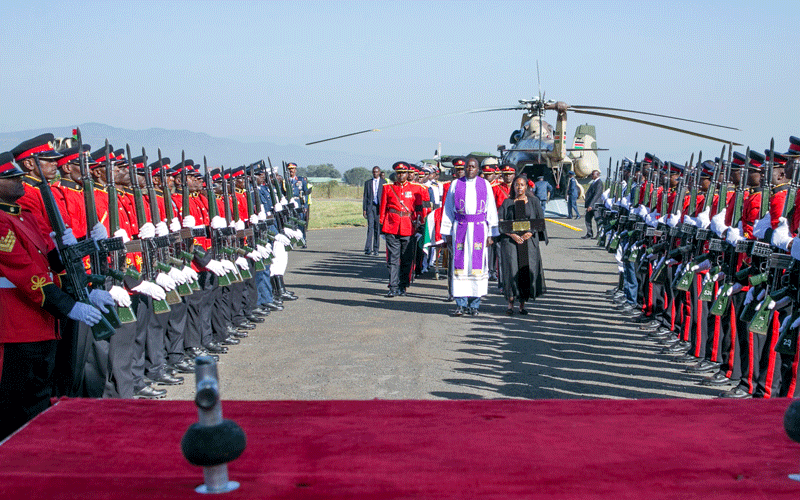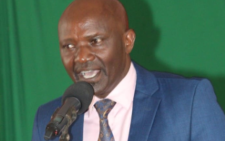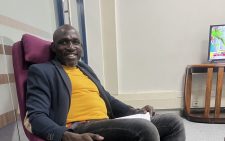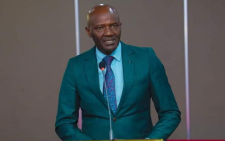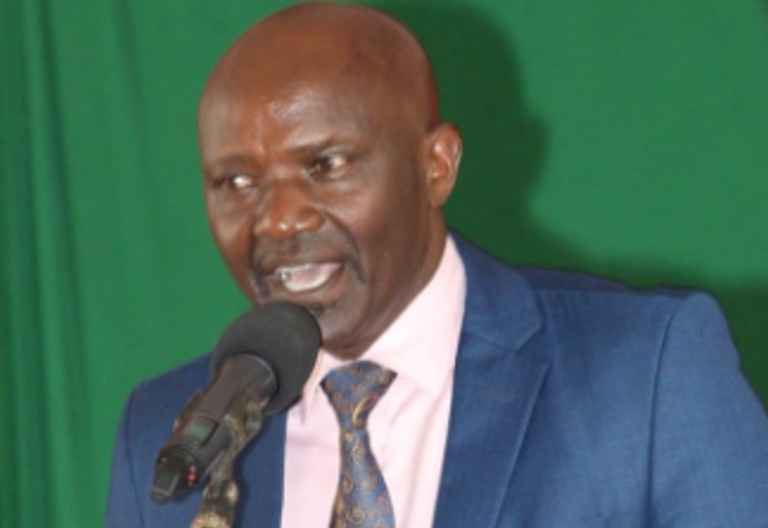Moi death exposed our double-faced character

Last week was a momentous occasion in Kenya’s history that provides an opportunity to reflect on the triumphs and tragedies of our nation.
The death of former President Daniel arap Moi illuminated the benevolent and egalitarian trait of the Kenyan character and the duplicity of its unbridled infamy.
Moi’s farewell was a lasting lesson on the bonds that tie our communities and their leaders as well as the deceptive, disruptive tendencies that have punctured the soul of our nationhood and stunted social and economic growth.
For those of us born in the colonial era during the quest for freedom, nurtured in the post-independence period with its failures and gains, these reflections continue to weigh heavily on our conscience and experiences in the post-Moi era.
Kenyans have a remarkable capacity to unite as they did in the fight against colonialism, the struggle for the Second Liberation that restored multi-party democracy, and the same spirit of solidarity they muster when they rally behind our world-conquering athletes.
Imbued in this psyche is an admirable unity in the face of adversity defying ethnic background and socio-economic status.
The same temperament that has also bred an obnoxious culture revolving around political capture, wanton greed and social morass. Nothing symbolises this “unity” better than the one that the elite displayed during Moi’s mourning and funeral. At the burial in Kabarak, they all happily waved the Kanu one-finger salute.
However, no sooner had the dust settled on the grave of the “professor of politics” than the ghosts of the dark chapter of his rule were unearthed. This revealed the unsavoury side of the Kenyan character.
With the hindsight of having participated in the nation’s kaleidoscopic political, social and economic realm with all the deceit, neglect, marginalisation and mismanagement, we have the right to define Kenya’s personality.
We are a nation suffering from the “ostrich syndrome” of burying our head in the sand when we know what ails us.
Our governance system, which is based on a flawed mindset that seeks to manage by controlling, is broken and in need of urgent fixing.
We do not appear to recognise the true nature of the challenges we face and fail to tap our collective potential and unity in diversity to address these challenges —poverty, underdevelopment, corruption, nepotism, youth unemployment, environmental destruction, poor leadership and lack of integrity.
Politicians insist on static solutions to dynamic problems while engaging in endless meaningless rhetoric.
Our model of government suffers from a deficit in effectiveness and legitimacy and is ill-equipped to tackle the most urgent issues facing our society.
While we accept that change is constant, and failures are inevitable in the face of complexity, we must point out that wananchi are feeling increasingly disillusioned with a system they see as distant and impersonal to tackle these complex challenges. Kenyans deserve better.
As the Building Bridges Initiative team seeks consensus on reforms, it must remain alive to the fact that Kenyans are demanding a fresh vision for government founded on a new set of beliefs, principles and values.
The lesson we learn from Moi’s demise is that progress is best achieved through continuous learning and the quality of human relationship rests in unity, trust, honesty, power sharing and supporting each other to make the best decisions.
— albertoleny@gmail.com

